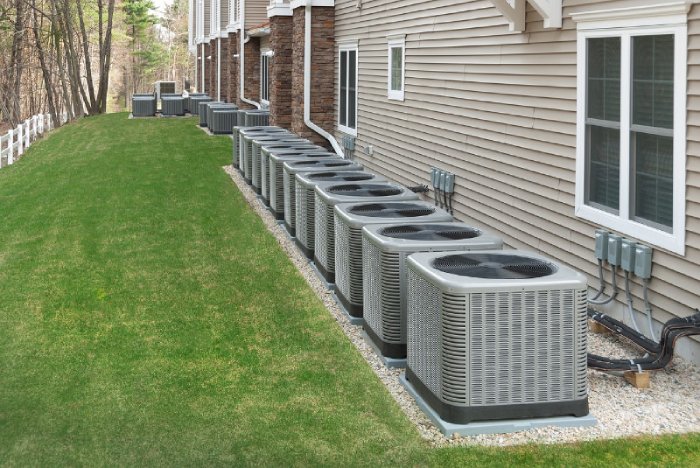Heat pumps are essential and efficient systems for heating and cooling residential and commercial spaces. However, short cycling is a common issue with heat pumps. Here are four reasons why heat pumps short cycle in Orlando, FL.
1. Incorrect Sizing
One common reason for short cycling is an improperly sized heat pump. If the space requires heating or cooling and the heat pump is too large, it will quickly reach the desired temperature in some areas and shut off prematurely. As a result, rooms closest to the thermostat may be cool, but rooms further away will not cooled or dehumidified.
2. Thermostat Issues
Problems with the thermostat, such as its location in an area prone to temperature swings or drafts, can result in incorrect temperature sensing and excessive heat pump cycling. Also, a malfunctioning thermostat that inaccurately reads the temperature can fail to effectively regulate the heat pump’s operation, leading to short cycling.
3. Restricted Airflow
Restricted airflow within the heat pump air duct system can cause short cycling. This restriction can be due to blocked ductwork or dirty air filters, or closed or obstructed vents. When the airflow is restricted, the heat pump will keep trying to cool, but will be inefficient causing increase electric costs and uncomfortable temperatures in the house.
4. Refrigerant Issues
Insufficient or excessive refrigerant levels can also contribute to short cycling. Low refrigerant levels, often caused by leaks, can lead to the heat pump rapidly cycling on and off as it struggles to maintain the desired temperature.
On the other hand, too much refrigerant in the system will not allow the refrigerant to change from gas to liquid and complete the refrigeration process. It’s crucial to have a professional HVAC technician inspect and repair the system.
If you’re looking for AC installation or repair services in Orlando, FL, call E.C. Waters Air Conditioning & Heat. With over three decades of experience in the industry, we have established ourselves as a trusted business with friendly technicians.
Image provided by iStock





